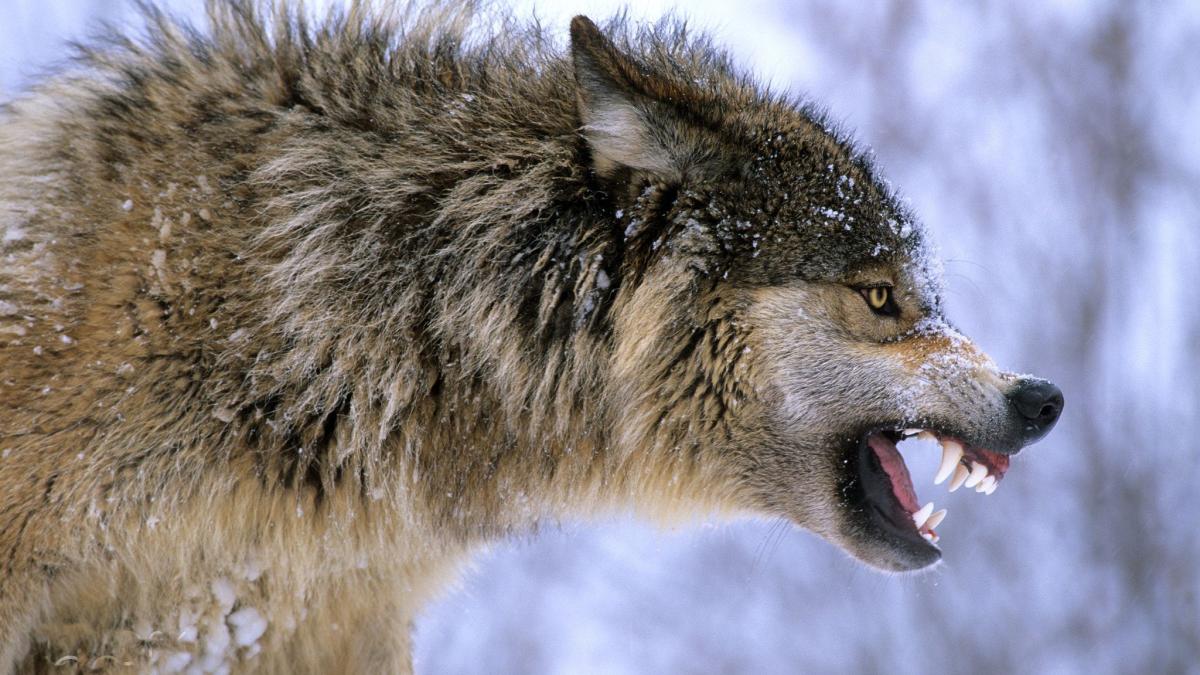Boebert’s Trust the Science Act Passes House

Congresswoman Lauren Boebert’s Trust the Science Act passed the House of Representatives with a bipartisan vote. Congresswoman Lauren Boebert (CO-03) said, “Out-of-touch Denver and Boulder leftists voted to reintroduce wolves in Colorado. Farmers and ranchers are powerless to defend their livestock from wolf attacks and there have been 8 confirmed wolf livestock killings in April alone. Rather than celebrating the gray wolf recovery success story, leftists want to cower to radical environmentalists and keep them on the Endangered Species Act list forever. The gray wolf is fully recovered and should be delisted in the lower 48 states. Today’s bipartisan passage of my Trust the Science Act empowers states and puts people ahead of violent predators.” House Committee on Natural Resources Chairman Bruce Westerman (AR-04) said, “As a member of the ESA working group, Congresswoman Boebert has been a vocal champion for reforms to the bureaucratic red tape surrounding wildlife management. Her Trust the Science Act is a commonsense, pragmatic step forward to giving local communities power to manage the wildlife they know best instead of ceding control to radical environmentalists who think they know best. The bipartisan science is clear: it’s time to delist the gray wolf and celebrate it as an ESA success story.” "The weaponization of the Endangered Species Act by the Biden Administration and extreme environmentalists has been unrelenting and deeply disappointing,” said Western Caucus Chairman Dan Newhouse (WA-04). “By all metrics, the gray wolf population has recovered. But instead of pursuing common sense, science-backed approaches to delisting, this Administration continues to weaponize the ESA against private landowners. I’m proud to support this legislation that delists the gray wolf and returns management to the states, while eliminating activist judges from the process.” The Trust the Science Act successfully passed the House today with a vote of 209-205 with bipartisan support. The Trust the Science Act requires the Secretary of the Interior to reissue the 2020 Department of the Interior final rule that delisted gray wolves in the lower 48 United States. In 2009, the Obama administration upheld the decision to delist gray wolves when then-Interior Secretary Ken Salazar, a Democrat from Colorado, announced the decision at a press conference, that the Fish and Wildlife Service decision to delist gray wolves was “a supportable one…Scientists have concluded that recovery has occurred.” In 2011, Congress directed USFWS to reinstate a rule to delist the gray wolf in the Northern Rockies Ecosystem. In 2013, the Obama administration proposed delisting gray wolves in the lower 48 states. In 2020, the Department of the Interior and the U.S. Fish and Wildlife Service delisted the gray wolf in the lower 48 United States through a process that included the best science and data available. At over 6,000 wolves at the time of delisting, the gray wolf has been the latest Endangered Species Act success story with significant population recoveries in the Rocky Mountains and western Great Lakes regions. Frivolous litigation was filed by the Defenders of Wildlife, WildEarth Guardians, and other extremist groups, and an activist California judge subsequently pandered to these groups by vacating the 2020 rule and unilaterally relisting the gray wolf by judicial fiat. In April of 2022, the Biden administration appealed the ruling of this California activist judge and supported the 2020 rule that delisted gray wolves in the lower 48 United States. The Biden administration announced an unwarranted finding for two frivolous petitions that tried to list gray wolves under the ESA in the Northern Rocky Mountains and the Western United States. State and tribal wildlife agencies have a proven record of successfully managing gray wolves. Montana’s successful state management resulted in gray wolves being 500 percent above Fish and Wildlife Service recovery goals. Idaho’s successful state management resulted in gray wolves being 700 percent above recovery goals. Stakeholders that have supported the Trust the Science Act in the 117th Congress or the 118th Congress include: Alaska Farm Bureau Federation, American Farm Bureau Federation, BigGame Forever, Colorado Cattlemen's Association, Colorado Conservation Alliance, Colorado Farm Bureau, Colorado Livestock Association, Colorado Wool Growers Association, Coalition of Arizona/New Mexico Counties for Stable Economic Growth, Douglas Creek Conservation District, FreedomWorks, Hunter Nation, Idaho Farm Bureau Federation, IOTR-International Order of T. Roosevelt, Mid States Wool Growers Association, Minnesota Farm Bureau, Minnesota Lamb & Wool Producers Association, Minnesota State Cattlemen’s Association, National Rifle Association (NRA), New Mexico Cattle Growers’ Association, New Mexico Wool Growers Inc., Oregon Cattlemen’s Association, Rio Blanco County Commissioners, Rio Blanco County Farm Bureau, Safari Club International (SCI), Sportsmen for Fish and Wildlife, Southwestern Colorado Livestock Association, Washington Farm Bureau, Washington State Hunter Heritage Council, Western Caucus, White River Conservation District, Wisconsin Cattleman’s Association, and Wisconsin Farm Bureau Federation. The full text of the Trust the Science Act is available here. |
